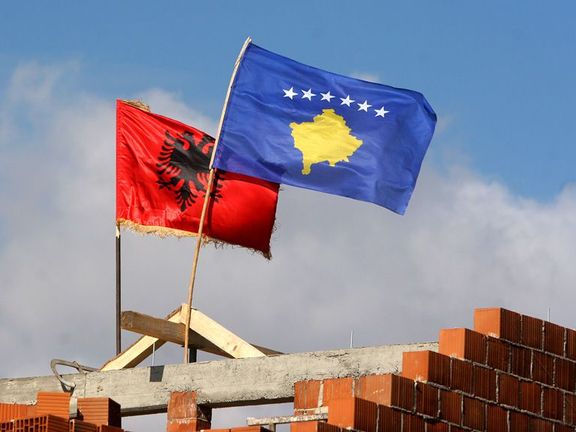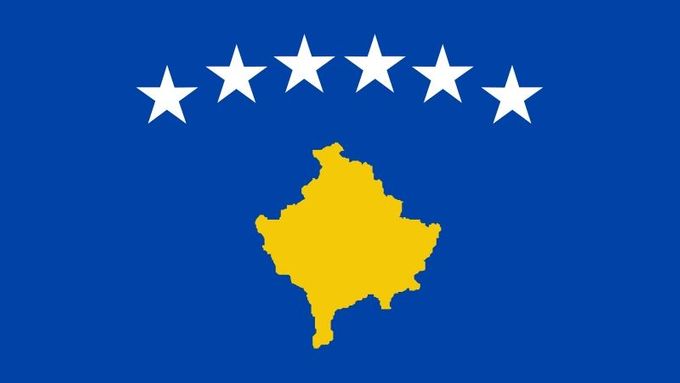
Prague - Still not able to reach an agreement on recognizing Kosovo, the ministers of PM Topolánek's government have postponed their decision.
PM Topolánek (Civic Democrats) has not specified when the government is going to discuss the issue again.
It was Minister of Foreign Affairs Karel Schwarzenberg who proposed the recognition, even though some ministers, above all those from the Christian Democratic Party (KDU-ČSL), are not in favor of this step.
Fears of instability
"To recognize independence of Kosovo now would be another of the steps that can lead to future instability of the ethnically colorful region. It is one of the crucial steps that needs to be further discussed," explained the first vicechairman of KDU-ČSL Roman Línek one day before the government discussed the issue.
Those who oppose the independence of Kosovo fret about the boost that the recognition of a separatist region might give to other secessionist movements in Europe, be in the Czech Republic or elsewhere.
The Czech government is also concerned about worsening relations with Serbia, which date back to the Yugoslavia era. On top of that, the Kosovo indepedence is a delicate issue because Czech soldiers are stationed there.
Non-recognition possible, but unlikely
"If the proposal of recognition of Kosovo will be submitted to the government, our ministers won't back it," assured the vicechairman Línek.
After the session was concluded, the Prime Minister informed that the ministers need to analyse more documentation. The official reason why the negotiations on Kosovo have ceased for now is a lack of information.
"The discussion that took place today has showed that we lack information and more detailed debate," said Topolánek who added that the possibility of the Czech Republic not recognizing Kosovo at all is still in question.
"In theory, it is still an option but I find it rather improbable," added Topolánek.
Czech contingent is a concern
Labour and Social Affairs Ministr Petr Nečas clarified what exactly needs to be discussed before the final verdict is passed.
"We want to know details about the presence and leadership of our contingent in Kosovo, we want to know how the local government is going to secure ethnic minority rights," informed Nečas.
Kosovo has proclaimed its independence on 17 February this year against the will of Serbia. Since then, the state has been recognized by more than thirty countries, including all large EU member states but Spain.
The Balkan states have not yet jumped on the Kosovo recognition bandwagon, while Russia remains explicitly hostile to the idea.
Some Czech politicians think it wise to wait at least until the Serbian elections are held in May.
